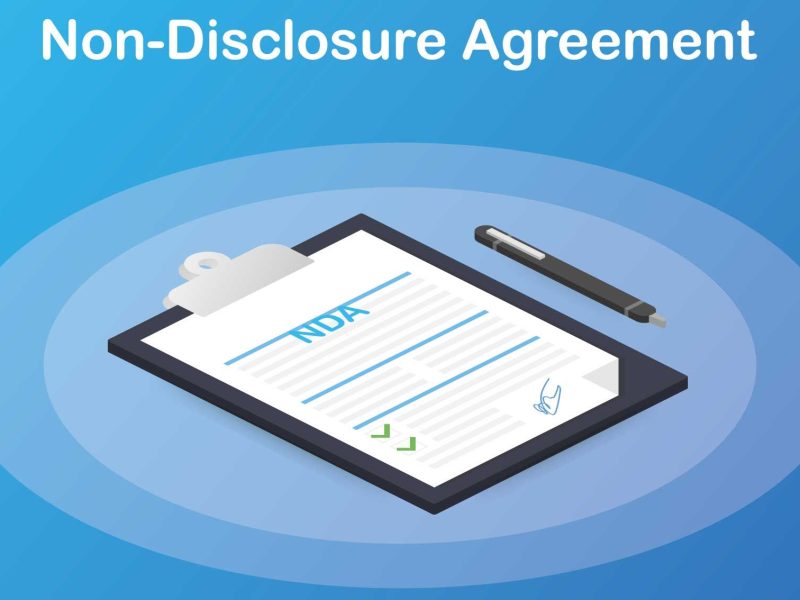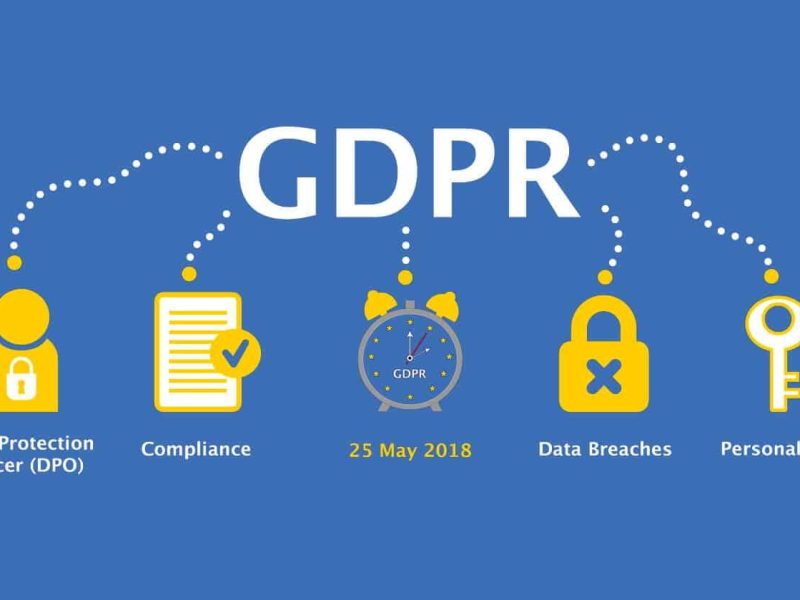As technology continues to advance at a rapid pace, the need for businesses to comply with regulatory standards has become more crucial than ever. From data privacy regulations to cybersecurity requirements, failing to meet these standards can result in significant fines, lawsuits, and damage to your company’s reputation. In this article, we will explore the compliance essentials that every tech business needs to consider in order to stay on the right side of the law.
Data Privacy Regulations
One of the most important compliance essentials for tech businesses to consider is data privacy regulations. With the recent implementation of laws such as the EU’s General Data Protection Regulation (GDPR) and the California Consumer Privacy Act (CCPA), companies are now required to protect the personal data of their customers and employees.
To ensure compliance with these regulations, tech businesses must implement robust data security measures, such as encryption, access controls, and regular security audits. Additionally, companies must have clear policies in place for how they collect, store, and process personal data, as well as procedures for handling data breaches in a timely and transparent manner.
Cybersecurity Requirements
Another key compliance essential for tech businesses is cybersecurity. With the increasing number of cyber threats targeting businesses of all sizes, it is essential for companies to have strong cybersecurity measures in place to protect their networks, systems, and data.
This includes implementing firewalls, intrusion detection systems, and antivirus software, as well as conducting regular security assessments and penetration testing. Companies should also have incident response plans in place to quickly and effectively respond to cyber attacks and data breaches.
Accessibility Standards
In addition to data privacy and cybersecurity, tech businesses must also consider accessibility standards when developing digital products and services. This includes ensuring that websites, applications, and other technologies are accessible to users with disabilities, such as hearing or vision impairments.
Companies can achieve compliance with accessibility standards by following guidelines such as the Web Content Accessibility Guidelines (WCAG) and testing their products with assistive technologies. By making their products more accessible, tech businesses can better serve all customers and avoid potential lawsuits for discrimination.
Conclusion
Compliance with regulatory standards is a critical aspect of running a successful tech business. By following data privacy regulations, cybersecurity requirements, and accessibility standards, companies can protect their customers, employees, and reputation from potential harm. With the rapid evolution of technology and the ever-changing regulatory landscape, it is essential for tech businesses to stay informed and proactive in their compliance efforts.
Remember, compliance is not just a legal requirement – it is also a competitive advantage. By demonstrating a commitment to regulatory standards, tech businesses can build trust with customers, investors, and other stakeholders, ultimately leading to long-term success and sustainability.
Are you looking for expert guidance on compliance essentials for your tech business? Contact us today to learn how we can help you navigate the complex world of regulatory standards and stay ahead of the competition.


